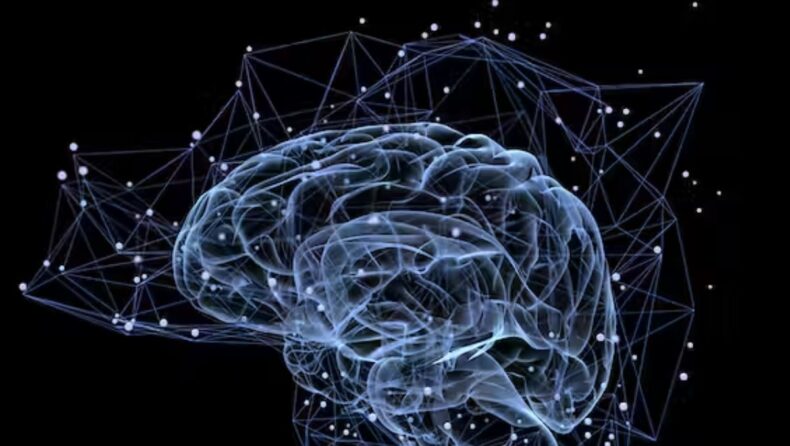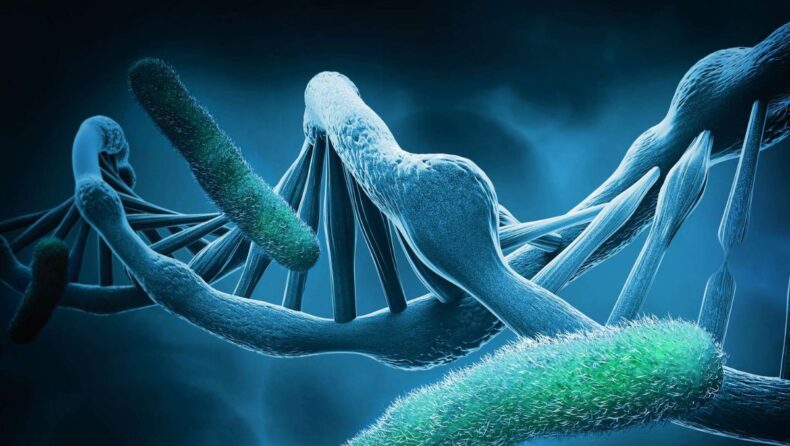Author: Phaguni.Sachdeva
The study has shown role of Vitamin D in development of dopaminergic neurons and how it may cause disorders like schizophrenia. According to a study published in the Journal of Neurochemistry, the researchers have confirmed the critical significance of maternal vitamin D levels in the development of the brain cells that produce dopamine the ‘feel-good’ hormone of the body, with the help of molecular imaging technology. The discovery provides a closer look into the mechanisms underlying neurodevelopmental disorders such as schizophrenia. Schizophrenia is a chronic brain disorder with symptoms including hallucinations, difficulty thinking, delusions, disorganized speech, and lack of motivation…
Researchers from University of Delaware have engineered bacteria to synthesize an unnatural amino acid. Proteins are made up of amino acids, which are necessary for the proper functioning of biological systems. There exist 20 standard amino acids which make up proteins in all living systems, more than 500 other types of amino acids found in nature, and a significant number of amino acids that have been synthesized by humans. Some of these alternative amino acids can aid in the development of novel medications and therapeutics. Aditya Kunjapur, an assistant professor in the Department of Chemical and Biomolecular Engineering in the…
The study reveals how the wildlife loss across the globe is more alarming than previously perceived. According to a new study, almost half of the world’s species are going through swift population decline and this global loss of wildlife is significantly more worrisome than previously believed.Numerous species have already been exterminated by humans, and many more have been brought dangerously close to extinction. According to some scientists, we are now in the midst of a sixth mass extinction event, this time caused by humans. The primary cause of wildlife loss is the tearing down of wild landscapes to make way…
According to researchers at Murdoch University, a recent finding reveals that bacteria may be able to identify sexual assault offenders. A leap forward has been taken in the field of forensic science with the discovery made by Ms. Ruby Dixon, a PhD candidate at Murdoch University along with the help of senior lecturer Brendan Chapman. Dixon stated that the motivation that drives her to develop new and innovative methods of obtaining evidence to hold the perpetrators accountable is the increased incidences of sexual assaults. Her discovery, recently published in the Forensic Science International Journal suggests that in the absence of…
Research suggests that a toddler’s gut bacteria may foretell whether they will become obese as adults. Based on a study that was led by Gaël Toubon from the Université Sorbonne Paris, the researchers believe that the gut bacteria of a toddler may predict their risk of being overweight later in life. The research included examining the data from 512 infants who were enrolled in a study that followed the lives of 18,000 children born in France. The study involved observing the Body Mass Index (BMI) of participants between the ages of two and five. The subject’s stools were sampled when…
A link between the expression of a set of genes before birth and development of mental health diseases during childhood has been discovered. According to a new research published in Nature Neuroscience, scientists from Massachusetts General Hospital, a founding member of Mass General Brigham (MGB) have discovered a set of genes whose expression in the brain before birth can lead to the development of various mental health disorders during childhood. The Study The team first examined whether genetic patterns linked to psychiatric disorders in adults also tracked with psychiatric symptoms in children using data from the Adolescent Brain and Cognitive…
Contact us:
Copyright © 2024 Asiana Times. All Rights Reserved










